1. Content of revised regulations
1.6. About subsidies
- The US Department of Commerce (DOC) added regulations to determine whether subsidies through government purchases from a business at prices higher than fair market value (MTAR) provide an undue benefit to the business.
- DOC adds new provisions regarding whether a company may receive an export subsidy related to the benefit of exemption from or reduction of direct taxes (e.g., income taxes) or indirect taxes (e.g., import duties) or import fees where the taxes paid by the company under the program are less than they would be without the program, including because the company is located in a non-tariff zone established by the exporting government.
- If the subsidy recipient is a joint stock company, including a parent company with separate business operations, DOC will allocate the subsidy based on the consolidated revenue of the parent company and its subsidiaries.
- If there is cross-ownership between an input producer that supplies directly or indirectly to a downstream producer and the production of the input product is carried out primarily exclusively for the production of downstream products, DOC will allocate the subsidies received by the input producer to the total sales of the input product and downstream products produced by both enterprises (excluding sales between the two enterprises).
- If there is cross-ownership between an electric, natural gas, or other similar utility and a producer of the subject good, DOC will allocate the subsidies received by that supplier to the aggregate sales of that supplier and the sales of the product of the producer of the subject good.
- Remove the provision that comprehensive linkage subsidies, agricultural subsidies and subsidies for small and medium-sized enterprises are not “distinct” and add provisions that disaster relief, pandemic and employment support subsidies are for groups of workers according to general classifications (such as age, gender or disability status, CCB or long-term unemployment status, rural or urban) without being limited to specific industries/enterprises that are not “distinct”, thus not subject to CTC tax.
- Add provisions to allow a single nationwide subsidy rate if no separate rates can be determined and clarify that the wide-entity rate of a non-market economy country is not the same as the all-others rate of market economy countries.
(To be continued)
Source: https://baophuyen.vn/kinh-te/202505/quy-dinh-moi-ve-phong-ve-thuong-mai-hoa-ky-nam-2025-7331047/




![[Photo] National Conference "100 years of Vietnamese Revolutionary Press accompanying the glorious cause of the Party and the nation"](https://vphoto.vietnam.vn/thumb/1200x675/vietnam/resource/IMAGE/2025/5/30/1cf6cd5c8a934ebfa347028dcb08358c)
![[Photo] Journalists moved to tears at the Memorial Service for the soldiers who died in Gac Ma](https://vphoto.vietnam.vn/thumb/1200x675/vietnam/resource/IMAGE/2025/5/30/9454613a55c54c16bf8c0efa51883456)
![[Photo] A delegation of 100 journalists from the Vietnam Journalists Association visits the soldiers and people of Truong Sa island district.](https://vphoto.vietnam.vn/thumb/1200x675/vietnam/resource/IMAGE/2025/5/30/0984a986227d4e988177f560d2e1563e)
![[Photo] General Secretary To Lam receives Chief of the Central Office of the Lao People's Revolutionary Party](https://vphoto.vietnam.vn/thumb/1200x675/vietnam/resource/IMAGE/2025/5/30/140435f4b39d4599a3d17975dfb444c5)













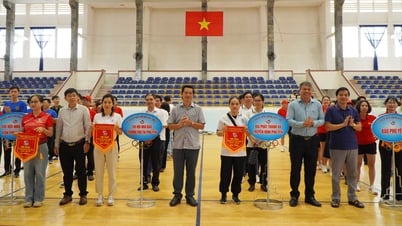
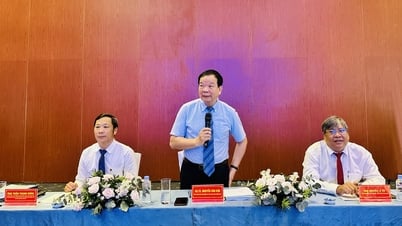
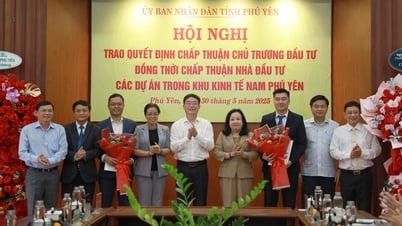


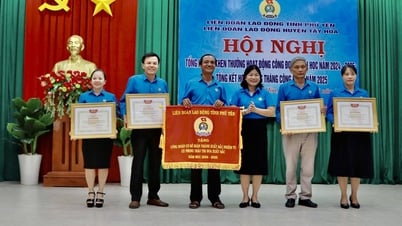


































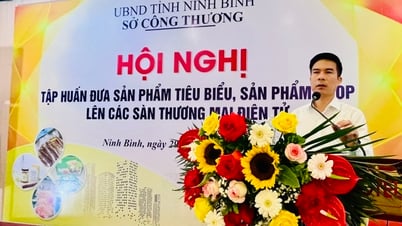

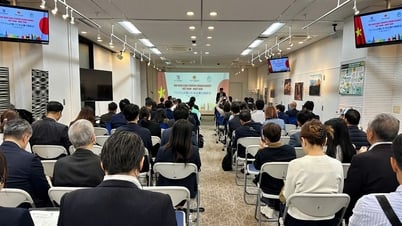


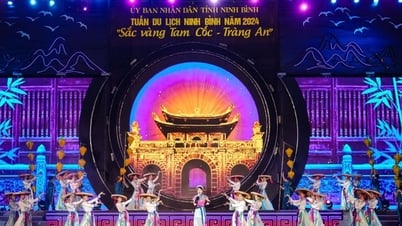
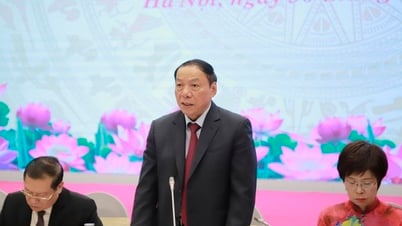
















Comment (0)